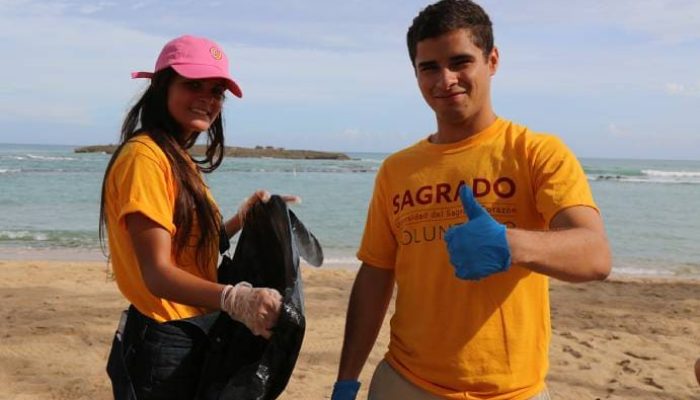
Overview
SSA has staff on hand who have experience with students needing medical attention abroad. If you get sick or injured and need to go to the doctor, speak to the SSA office staff; they will help you make an appointment and go with you to the doctor’s office, if you want them to.
If you are under medical or psychological treatment at home, you should speak with your doctor about the possible effects of study abroad and cultural change on your condition. If you have any pre-existing medical or psychological conditions, you should bring a copy of your medical records with you, in case you need treatment while in Cuba.
Important: Eating disorders are considered medical conditions and must be reported on your health statement. Withholding medical information could result in your dismissal from the program.
Insurance Coverage
The Cuban government requires all visitors to contract health insurance through their official provider, ESICUBA. Generally, when purchasing your airline ticket to Cuba, this insurance is automatically included in the cost of your fare. The ESICUBA health insurance plan is valid for up to 30 days, and covers urgent care as well as emergency medical evacuation. You can find the most updated information on the ASISTUR website.
Students who enroll in our semester programs will have their insurance policy extended for the duration of their stay - these extension costs are included in the program costs.
24-hour Alarm Center: Tel. (537) 866-8527; (537) 866-8339; (537) 867-1315 E-mail: asisten@asistur.cu; seguros@asistur.cu.
Be aware that if you require treatment for any pre-existing condition, you will be required to pay for such medical services in cash and then file a claim for reimbursement by your insurance company when you return home.
Dental
If you have dental insurance in the U.S., you should also bring some dental insurance claims forms with you, in case you need dental treatment while you are abroad.
Prescriptions
If you take prescription medication, be sure to bring enough for your entire stay. Keep prescriptions in their original bottles to avoid trouble at customs and airport security.
You should also bring a written prescription with you, in case you run out or lose your medication. Make sure the prescription has the generic name of the drug and not the brand name, so the pharmacist will be able to translate it more easily.
Injections
If you require allergy or other injections, you should bring syringes with you from the U.S.; needles in Cuba may vary in size from those in the U.S. The cost of receiving these injections is not covered by your SSA insurance, so be prepared for that expense. To get your injections at a clinic abroad, your doctor in the U.S. must write you a letter with the following information:
- Directions on how to administer the injection
- How often the medication is administered
- Generic name of the medication
- Components of the medication
- Exact dosage of medication needed
- Any possible side effects
- Any other relevant information for administering the injection
Send one copy of this letter to the SSA office in Amherst, MA, and take the other copy with you to Cuba. Again, you must have a written prescription and/or a letter from your doctor if you want to get through airport security with your injection materials.
Request information
Quick Links
Destinations
Choose to study in English or Spanish across seven Hispanic locations over two continents.
Destinations
Choose to study in English or Spanish across seven Hispanic locations over two continents.
Terms
Got a specific term in mind? Study abroad at any time of year based on your academic needs or personal preference.
Subject
Select a study abroad program that closely aligns with your major or minor.
Boost your resume, flourish as a human being, and have the time of your life.
Discover our custom programs for high schools and high school study-abroad opportunities.
Before study abroad: learn why SSA is your family’s partner in secure, enriching study abroad experiences. See how we support your student’s growth every step of the way.
After study abroad: make the most of your study abroad experience: get career support, become an ambassador, request a transcript, and more.
Learn about SSA’s custom programs, book a site visit, or become an esteemed SSA partner to earn exclusive benefits and discounts.























